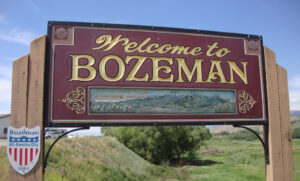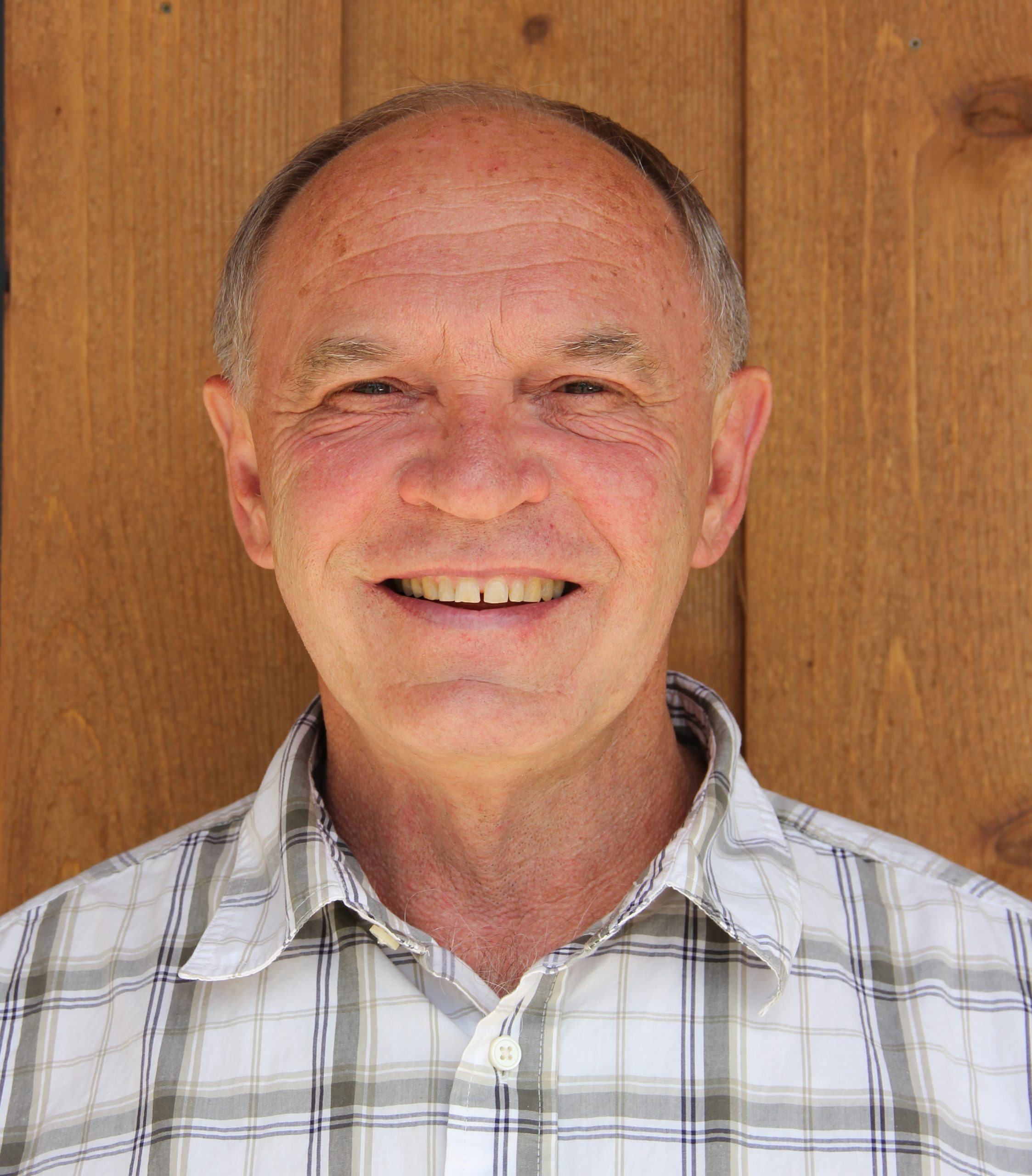Those who know me will not be surprised by the topic of this column, given that hunting season is in full swing. Why I have such a passion for hunting was captured beautifully by Jon Christensen, a visiting PERC journalist fellow, who spent a chilly evening with me listening to five or six big bull elk bugling. As we walked alone, Jon described how “we followed narrow trails left by the elk through the underbrush under dense stands of spruce. We passed by glades of matted grass where the elk bedded down. Elk and black bear scat littered the trail.”1
Though we were only ten miles from Bozeman, we could enjoy such a “wilderness” experience because we were on private land. Had we gone to national forest land, not only would we have heard more hunters than elk bugling, we would probably not have seen or heard as many elk. With open access to public lands, especially in rapidly growing areas, hunting pressure sends wildlife into the deepest, darkest timber or to private land, where access is limited. There are few more vivid examples of the tragedy of the commons. If access is open to everyone for fishing and hunting, yes, we will have equal access, but it will be equal access to something of little value.
The potential for this tragedy is illustrated by the attitude of many sportsmen and sportswomen who believe that they should have access to fish and wildlife even if that access means crossing private property. This view caused an uproar in Montana in the 1980s when the state Supreme Court held that, because water belongs to the citizens, those citizens cannot be denied access to their water for recreation even if the water flows across private land. For some sportsmen, anything a landowner does that limits access to streams is the equivalent of class warfare.
That warfare is raging on the Ruby River in southwestern Montana. There, landowner Jim Kennedy, head of the Atlanta-based media company Cox Enterprises, has spent thousands of his own dollars reclaiming riparian habitat for fish and wildlife. He also fenced his property up to a bridge abutment on a county road. Open access advocates contend that the fence poses a “great hazard” to fishers and denies them their rightful access to the Ruby.
Further west along the Bitterroot River, Charles Schwab and associates made similar improvements to the Mitchell Slough, taking it from a fishless ditch to a blue-ribbon fishery. Now that it is a good fishery, access advocates believe that they should not be denied access to it.
By improving habitat, these landowners have created a nuisance for themselves and now find themselves in court battling to protect their investments. If the private property owners lose, there will be a clear message to others considering habitat improvements: Make those improvements, and you will have to share them with all.
Whether it is “hunting for habitat” or “saving our streams” (see our guidebooks at live-perc-wp.pantheonsite.io), private ownership with limited access is crucial to good stewardship. Aldo Leopold understood this when he wrote that “conservation will ultimately boil down to rewarding the private landowner who conserves the public interest.” Open access penalizes the private landowner, discourages private investment in wildlife habitat, and creates warfare between landowners and sportsmen. Our fish and wildlife cannot afford such a rift.
Note
1. See his column, “The Uneasy Chair,” at www.jonchristensen.typepad.com/uneasychair/2005/09/bugle_call.html.




